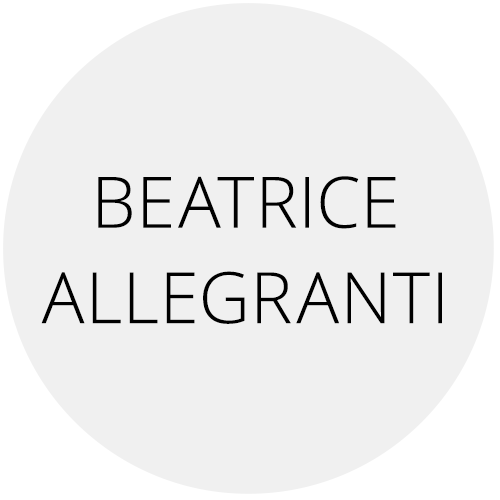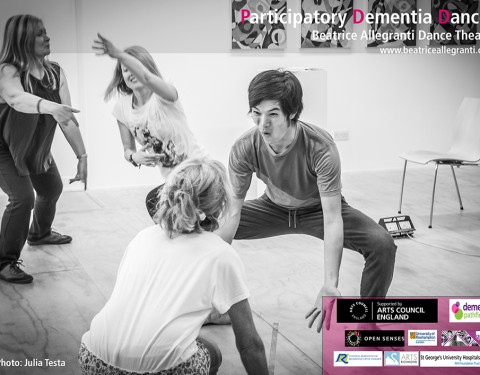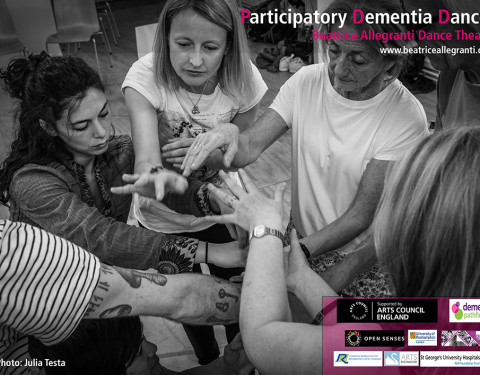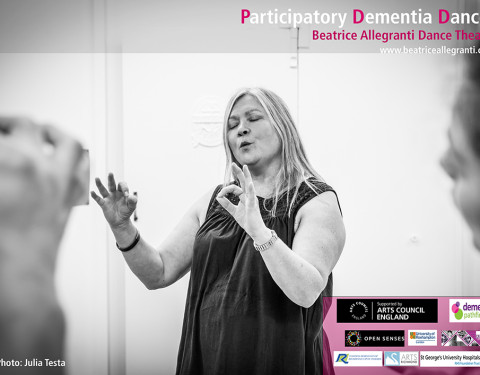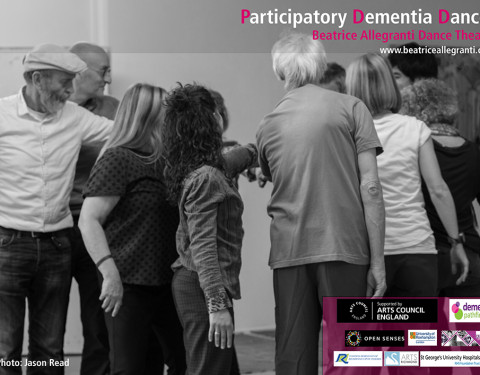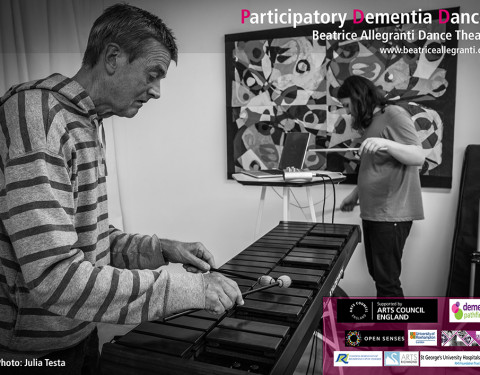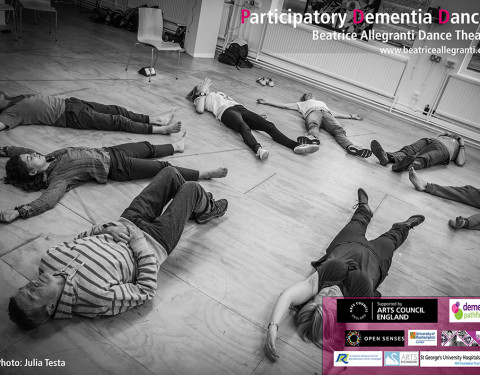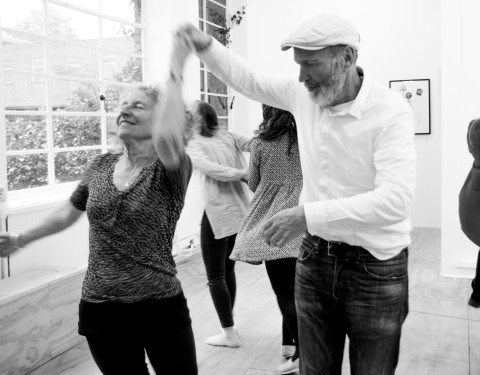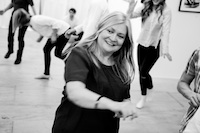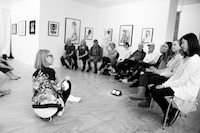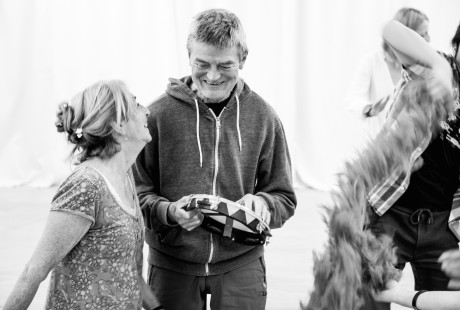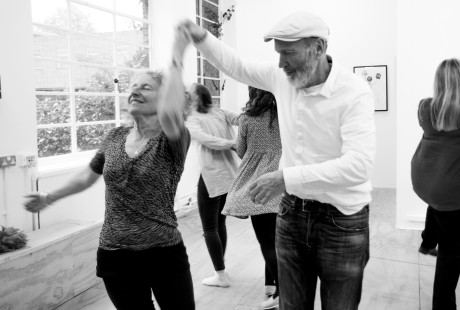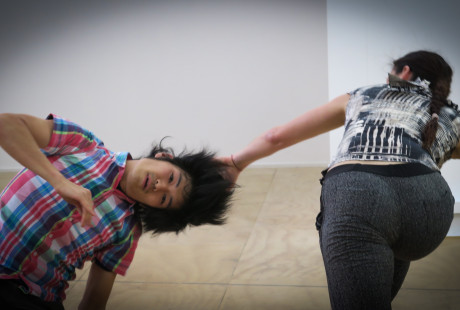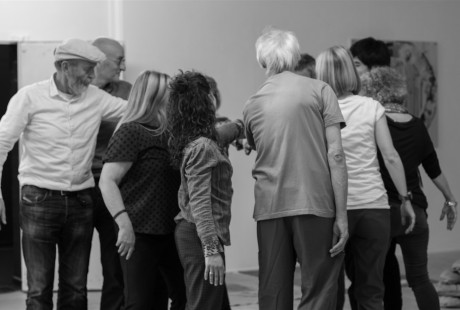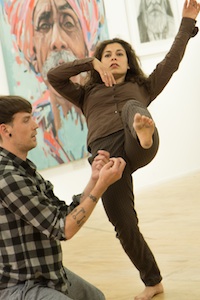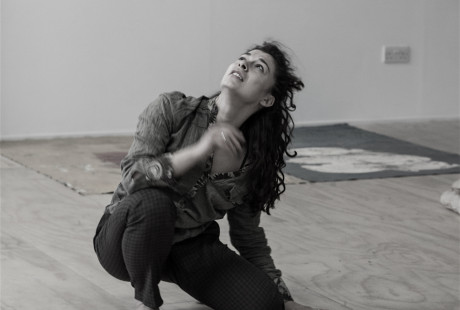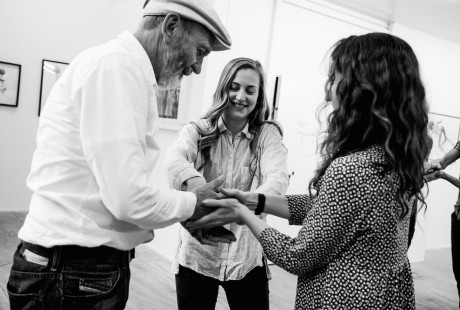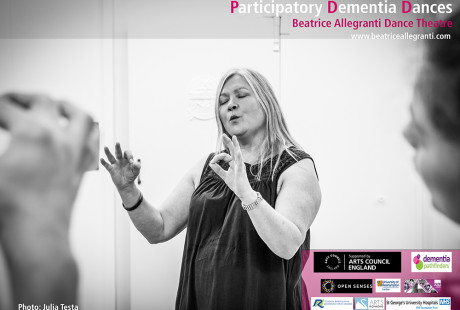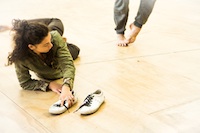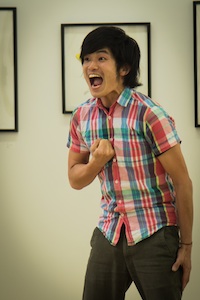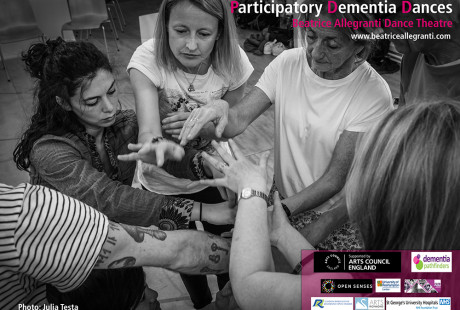Moving Kinship: Alexandra Palace
Moving Kinship: Alexandra Palace
Moving Kinship is a transdisciplinary project that takes place in UK and international participatory ecologies hubs located in arts centres, museums, hospitals and grass roots organisations. Created by Beatrice Allegranti in 2016, the project involves making bespoke and trauma-informed live and digital performances with and for audiences as a way of engaging ethically with the many complex and intersecting challenges we are confronted with in our troubled world. Working across forms (choreographic, film, conversational, illustration, writing, capoeira, music), the aim of the bespoke hubs is to activate modes of collaboration, collectivity and nurture cultures of multiple belongings and care. The hubs give rise to micro-performances as well as full scale artistic works. To date, Beatrice and her team have worked intergenerationally with families affected by rare early onset dementia, youth environmental activists, LGBTQI+ communities and activists, as well as artists and scientists in the UK, Norway, the Netherlands and Japan.
This page documents Moving Kinship at Hornsey Town Hall Arts Centre and and Alexandra Palace. Participants have offered us poignant and often overlooked insights into their lives during our where we have created bespoke choreography and music based on families experiences of living with one of the many dementias. The creative process is informed by a unique blend of dance movement psychotherapy and choreographic practice that Beatrice has developed over the past twenty years.
The bespoke choreographic material is being also being developed for a dance theatre work-in-progress: I’ve Lost You Only To Discover That I Have Gone Missing touring London during the Autumn 2017.
Below is a short video documenting early pilot hubs that took place during 2017 at the Ply Art Gallery, Hornsey Arts Centre, North London. The video includes reflections from participants and dancers.
Photos: Julia Testa
At first I was anxious watching the dancers… so accomplished. They invited me in such a warm way I became more relaxed. I enjoy the intense expressions on faces and the body emotive movements. I feel like moving, also being part of a group and making close connections feels good. Thanks for the creations.
Elizabeth, participant living with young onset dementia
.
‘A very poignant portrayal of a relationship in turmoil’. Elaine, Participant.
‘A nice way for us to be together as a family in complete contrast to normal. To move, be in contact, to just be with each other. All centered around dementia a burden we all face day to day – but it came as a release rather than a reminder’.
‘I feel like I’m dancing for her…to take the information from her life, it’s like brining her life into the future, to carry her life in our movements. So we keep saying her message…through our performance the audience will remember’, Sabrina, Dancer
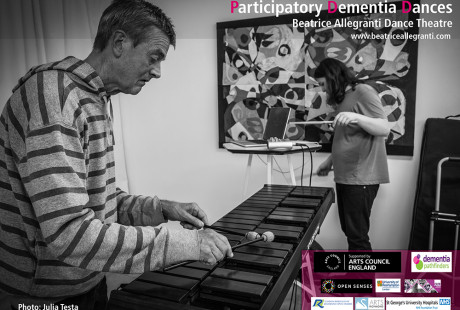 ‘I liked the way the sounds tied in with the human voice’. Thomas, participant.
‘I liked the way the sounds tied in with the human voice’. Thomas, participant.
‘I feeel like we’re building an embodied library of life stories’ Takeshi, Dancer
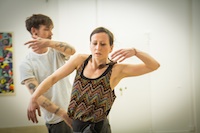
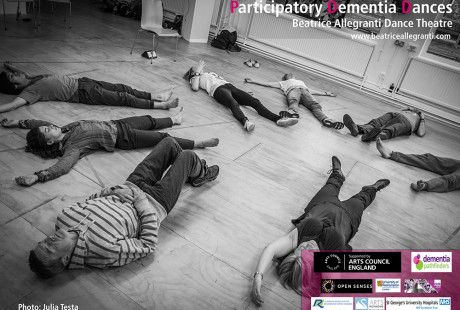
Moving Kinship clearly demonstrates that the embodied and artistic nature of the work allows people living with young onset dementia the chance to creatively engage and express themselves and gives families opportunities to connect in non-verbal ways. We recognize clear benefits these sessions have on the wellbeing of all the participants and the ability of families to continue to communicate.
Mark Civil
Head of Learning, Alexandra Palace
